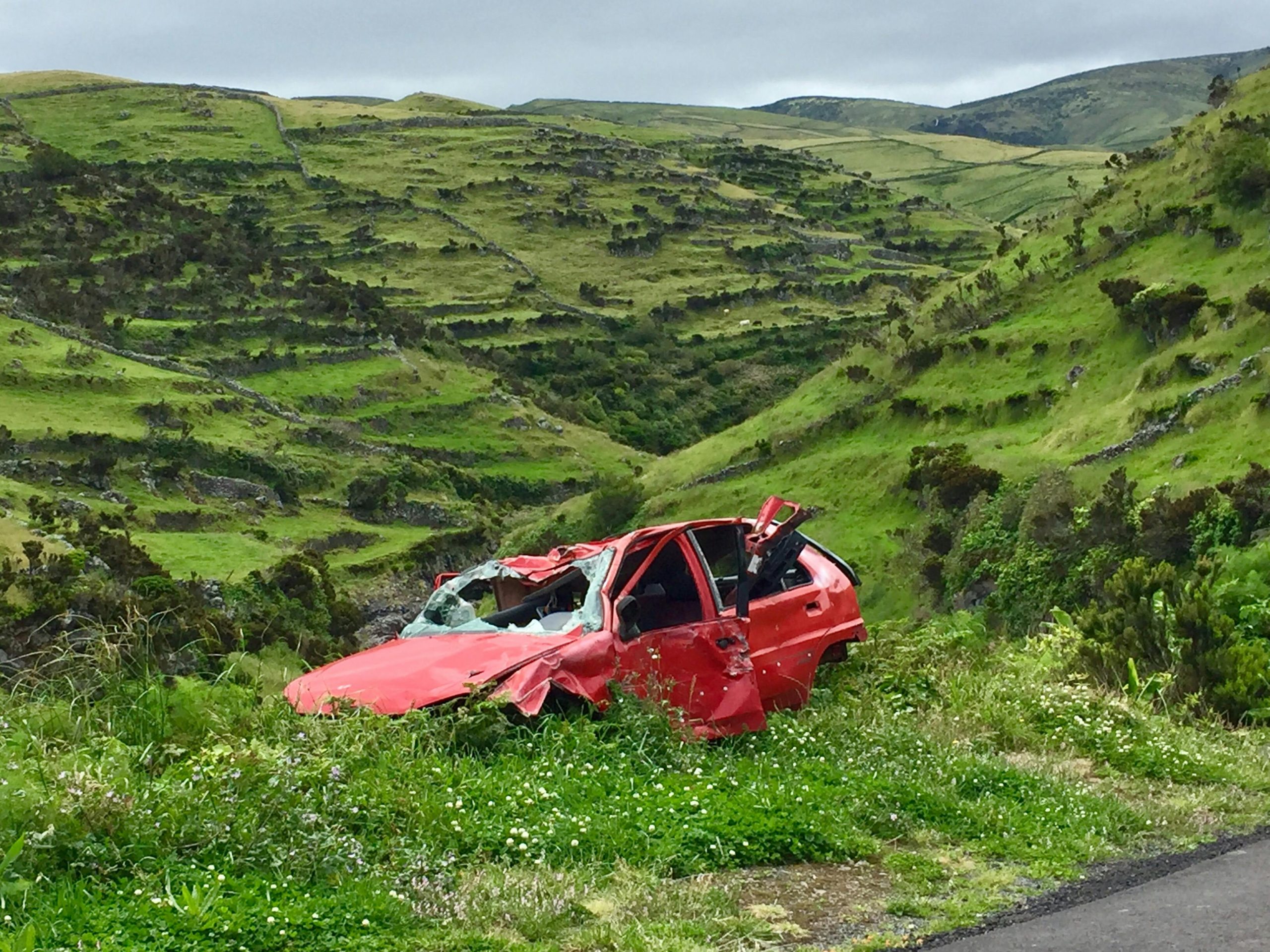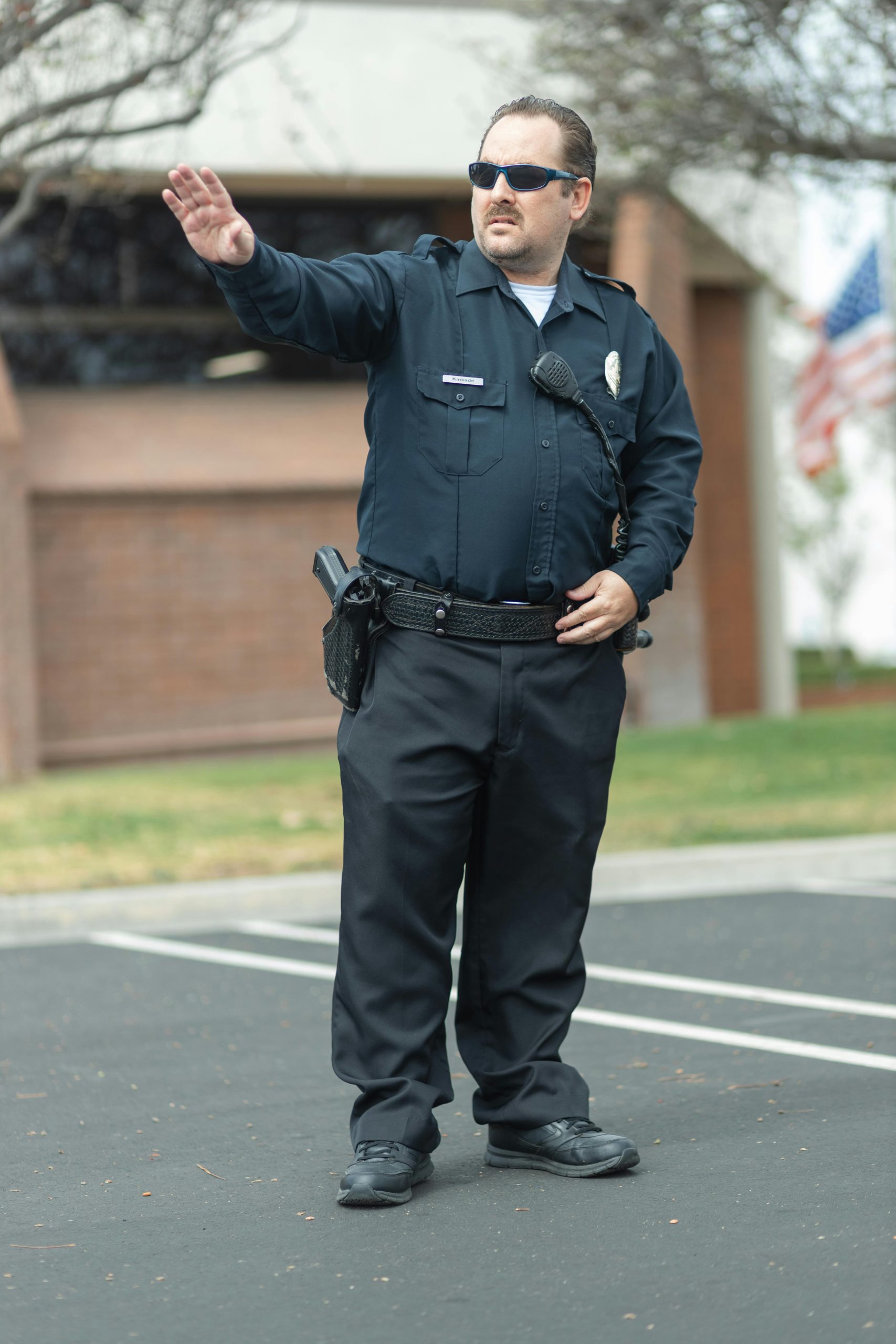 Buckle up your seatbelts and get ready for a wild ride through the twists and turns of Bosley’s Driving School saga! Meet Mr. Bosley, the daring entrepreneur behind this driving school extravaganza, with locations in the charming towns of Donaldsonville and Gonzales, Louisiana. Now, picture this: Mr. Bosley is on a mission to teach the art of driving, but not just any driving – he dreams of offering the elusive 38-hour driver’s education course. But, oh, the drama unfolds when his dreams clash with the stern rules and regulations of the Louisiana driver’s education system. Despite a denial that would make even the bravest soul reconsider, Mr. Bosley and his team continued their quest, issuing certificates left and right. Little did they know, the authorities were hot on their tail, leading to a showdown of epic proportions. Fast forward to courtroom battles, administrative hearings, and a rollercoaster of legal twists that could rival any Hollywood blockbuster. Will Mr. Bosley’s driving school dreams come crashing to a halt, or will he find a way to steer his way out of this legal maze? Strap in and find out!
Buckle up your seatbelts and get ready for a wild ride through the twists and turns of Bosley’s Driving School saga! Meet Mr. Bosley, the daring entrepreneur behind this driving school extravaganza, with locations in the charming towns of Donaldsonville and Gonzales, Louisiana. Now, picture this: Mr. Bosley is on a mission to teach the art of driving, but not just any driving – he dreams of offering the elusive 38-hour driver’s education course. But, oh, the drama unfolds when his dreams clash with the stern rules and regulations of the Louisiana driver’s education system. Despite a denial that would make even the bravest soul reconsider, Mr. Bosley and his team continued their quest, issuing certificates left and right. Little did they know, the authorities were hot on their tail, leading to a showdown of epic proportions. Fast forward to courtroom battles, administrative hearings, and a rollercoaster of legal twists that could rival any Hollywood blockbuster. Will Mr. Bosley’s driving school dreams come crashing to a halt, or will he find a way to steer his way out of this legal maze? Strap in and find out!
Mr. Bosley owns and runs Bosley’s Driving School for drivers’ education classes. The driving school has two locations—one in Donaldsonville and the other in Gonzales, Louisiana. The Donaldsonville location was licensed to teach 6 hours of classroom instruction, while the Gonzales location was licensed to teach the full 14-hour driver’s education course. Neither location was licensed to teach the 38-hour course. Louisiana offers two types of driver’s education courses: (1) A 14-hour course for individuals over eighteen, which requires 6 hours of classroom instruction and 8 hours of behind-the-wheel driving, and (2) a 38-hour course for individuals under eighteen, which requires 30 hours of classroom instruction and 8 hours of behind -the -wheel driving. La. R.S. 32:402. 1.
In October 2012, Bosley applied for permission to instruct the 38-hour driver’s ed course. On December 10, 2012, Bosley was notified via email that their application was denied because they needed to meet the curriculum requirements. Regardless of this denial, Bosley continued to issue certificates of completion of the 38-hour course to several students. When the State learned of this, they sent Bosley an order to cease further operations as a driving school and third-party tester in Louisiana. On March 27, 2014, the State notified Bosley that because he was providing students with the 38-hour driver’s education course despite needing to be licensed, his licenses to teach the 6-hour and the 14-hour courses were rescinded. Bosley filed an appeal and requested a hearing.
 Leotis Johnson, an employee of the Sewerage and Water Board of New Orleans (S&WB), was assigned a company vehicle equipped with a GPS. S&WB policy prohibited personal use of company vehicles without supervisor authorization. Johnson was accused of using the vehicle for personal errands during work hours and lying about his whereabouts when questioned.
Leotis Johnson, an employee of the Sewerage and Water Board of New Orleans (S&WB), was assigned a company vehicle equipped with a GPS. S&WB policy prohibited personal use of company vehicles without supervisor authorization. Johnson was accused of using the vehicle for personal errands during work hours and lying about his whereabouts when questioned. Insurance Dispute Lawyer Blog
Insurance Dispute Lawyer Blog


 A recent
A recent  In the recent Louisiana Court of Appeal, Third Circuit, decision of
In the recent Louisiana Court of Appeal, Third Circuit, decision of  Sometimes, being a passenger in a car can be a frustrating and disturbing experience. This is especially true when actions beyond the passenger’s control, such as being involved in a collision, put his or her life in danger. When such a situation arises, the injured passenger will, understandably, seek compensation from the responsible party. However, if the person who caused the accident leaves the scene and is never apprehended by law enforcement, an injured person may turn their attention elsewhere for financial compensation. Such a situation arose following a car accident on a stretch of highway between Jennings and Lafayette, Louisiana.
Sometimes, being a passenger in a car can be a frustrating and disturbing experience. This is especially true when actions beyond the passenger’s control, such as being involved in a collision, put his or her life in danger. When such a situation arises, the injured passenger will, understandably, seek compensation from the responsible party. However, if the person who caused the accident leaves the scene and is never apprehended by law enforcement, an injured person may turn their attention elsewhere for financial compensation. Such a situation arose following a car accident on a stretch of highway between Jennings and Lafayette, Louisiana.  Nurses fighting one another may sound like a scene from daytime television, but unfortunately, this also occurs in real time. When one employee attacks a supervisor, can a supervisor proceed with a lawsuit against the employer? A nursing home in Laplace, Louisiana, recently tried to be dismissed from a personal injury lawsuit regarding two of its employees, stating it could not be vicariously liable. The Louisiana Fifth Circuit Court of Appeal judged this was a question for trial.
Nurses fighting one another may sound like a scene from daytime television, but unfortunately, this also occurs in real time. When one employee attacks a supervisor, can a supervisor proceed with a lawsuit against the employer? A nursing home in Laplace, Louisiana, recently tried to be dismissed from a personal injury lawsuit regarding two of its employees, stating it could not be vicariously liable. The Louisiana Fifth Circuit Court of Appeal judged this was a question for trial.  To ensure public trust in law enforcement, local government officials have the power to regulate police officers’ conduct both on and off duty. There are certain lines that police officers should not cross, even in their private lives. The following case shows how the New Orleans Police Department (“NOPD”) can terminate the employment of a long-serving police officer for fighting after a traffic accident and reinforce the high standard they hold their employees to.
To ensure public trust in law enforcement, local government officials have the power to regulate police officers’ conduct both on and off duty. There are certain lines that police officers should not cross, even in their private lives. The following case shows how the New Orleans Police Department (“NOPD”) can terminate the employment of a long-serving police officer for fighting after a traffic accident and reinforce the high standard they hold their employees to. On-the-job injuries can sometimes result in employment termination when the injury prohibits you from completing your work. When this happens, state-funded disability retirement benefits can keep former employees financially afloat; however, eligibility for such benefits depends on how long you have worked for the employer and when you file your claim.
On-the-job injuries can sometimes result in employment termination when the injury prohibits you from completing your work. When this happens, state-funded disability retirement benefits can keep former employees financially afloat; however, eligibility for such benefits depends on how long you have worked for the employer and when you file your claim. Unfortunately, accidents at the workplace are not uncommon occurrences. What happens, however, when you are injured while traveling? Will you still receive workers’ compensation if you are not physically on the jobsite? The answers to these questions will depend on the facts of the case and whether you were acting within the scope of your employment. The following Caddo Parish case outlines this predicament.
Unfortunately, accidents at the workplace are not uncommon occurrences. What happens, however, when you are injured while traveling? Will you still receive workers’ compensation if you are not physically on the jobsite? The answers to these questions will depend on the facts of the case and whether you were acting within the scope of your employment. The following Caddo Parish case outlines this predicament.  In the legal world, every word holds significance. Clarity and precision are of the utmost priority because even the slightest bit of ambiguity can have dire consequences. This is a truth that Terry Gotch would later find out after he filed suit against Scooby’s ASAP Towing LLC following a vehicular accident in Louisiana.
In the legal world, every word holds significance. Clarity and precision are of the utmost priority because even the slightest bit of ambiguity can have dire consequences. This is a truth that Terry Gotch would later find out after he filed suit against Scooby’s ASAP Towing LLC following a vehicular accident in Louisiana. Buckle up your seatbelts and get ready for a wild ride through the twists and turns of Bosley’s Driving School saga! Meet Mr. Bosley, the daring entrepreneur behind this driving school extravaganza, with locations in the charming towns of Donaldsonville and Gonzales, Louisiana. Now, picture this: Mr. Bosley is on a mission to teach the art of driving, but not just any driving – he dreams of offering the elusive 38-hour driver’s education course. But, oh, the drama unfolds when his dreams clash with the stern rules and regulations of the Louisiana driver’s education system. Despite a denial that would make even the bravest soul reconsider, Mr. Bosley and his team continued their quest, issuing certificates left and right. Little did they know, the authorities were hot on their tail, leading to a showdown of epic proportions. Fast forward to courtroom battles, administrative hearings, and a rollercoaster of legal twists that could rival any Hollywood blockbuster. Will Mr. Bosley’s driving school dreams come crashing to a halt, or will he find a way to steer his way out of this legal maze? Strap in and find out!
Buckle up your seatbelts and get ready for a wild ride through the twists and turns of Bosley’s Driving School saga! Meet Mr. Bosley, the daring entrepreneur behind this driving school extravaganza, with locations in the charming towns of Donaldsonville and Gonzales, Louisiana. Now, picture this: Mr. Bosley is on a mission to teach the art of driving, but not just any driving – he dreams of offering the elusive 38-hour driver’s education course. But, oh, the drama unfolds when his dreams clash with the stern rules and regulations of the Louisiana driver’s education system. Despite a denial that would make even the bravest soul reconsider, Mr. Bosley and his team continued their quest, issuing certificates left and right. Little did they know, the authorities were hot on their tail, leading to a showdown of epic proportions. Fast forward to courtroom battles, administrative hearings, and a rollercoaster of legal twists that could rival any Hollywood blockbuster. Will Mr. Bosley’s driving school dreams come crashing to a halt, or will he find a way to steer his way out of this legal maze? Strap in and find out!